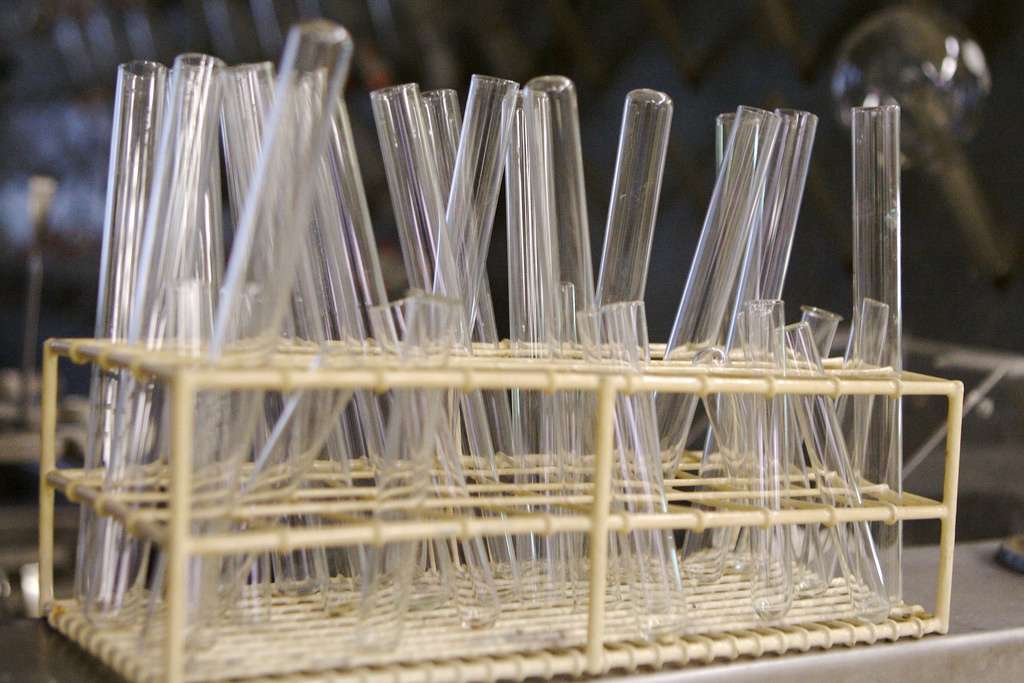Where Rape Victims Are Forced to Pay for Their Own Forensic Exams
Why should sexual-assault victims have to pay the state to investigate the crimes against them?


To hear many people tell it these days, the most pressing concern when it comes to sexual assault is making non-enthusiastic consent a crime. Rape is underreported, they say, and therefore we must encourage more victims to come forward by making it clear the state thinks only yes means yes. Rape is underreported, yet there are much bigger barriers to emboldening victims than insufficiently robust consent statutes. One that receives proportionately less attention: In states across the U.S., rape victims are forced to shoulder the cost of their own forensic exams.
It sounds almost too unbelievable to be true, doesn't it? We don't ask home-invasion victims to cover the cost of dusting for fingerprints or the families of homicide victims to subsidize blood spatter analysis. But rape victims are being billed for the cost of collecting forensic evidence in the crimes against them.
This runs contrary to federal law, which says states or municipalities must fund investigating rape allegations as they would any other crime. When the Violence Against Women Act (VAWA) was reauthorized in 2005, it stipulated that all states must either provide a free forensic medical exam directly or provide reimbursement for such an exam, regardless of whether a victim ultimately decides to press charges or cooperate with law enforcement. The 2013 reauthorization (which takes effect in 2015) specifies that victims can't be charged up front for the exam (also known as a "rape kit") and asked to seek reimbursement from insurance later.
But they say the devil is in the details, and the VAWA doesn't provide many, leaving it up to states and municipalities to work out who covers what. Thirty-four states pay for forensic exams using money from their general victim compensation funds, according to a May report from Urban Institute. (These funds are generally built from fines and penalties paid by convicted offenders, not tax dollars.) Eleven states leave it to local law enforcement or prosecution funds; some use a combination of special funds and money from state public safety or health and human services departments; and three, including Louisiana, leave it to the county or parish to cover the cost.
In Louisiana, local coroners are supposed to provide the free forensic exams. "But in many cases, such as in New Orleans, cash-strapped coroners outsource that responsibility to another entity" such as local hospitals, The Times-Picayune reported in September. And these hospitals vary greatly in how and whom they bill. Some eat the whole cost themselves, or did until recently. Some cover testing for forensic evidence but bill victims for things like pregnancy and HIV tests. Some send patients the full tab, some bill insurance companies, and some bill the state. Some require anyone seeing a Sexual Assault Nurse Examiner—the only hospital staff qualified to collect forensic evidence from rape victims—to be admitted through the emergency room, which adds hundreds of dollars to the total tab.
"Whether a patient gets charged-and how much-varies according to what hospital they go to, who the admitting staff on duty are, and whether the billing employees know the processes for charging rape victims," Times-Picayune reporter Rebecca Catalenello found in talking to both rape victims and hospital staff.
The cost of collecting forensic evidence can vary, but it tends to run upwards of $1,000, so this isn't some minor expense we're talking about. Victims who are mistakenly billed by hospitals for rape kits can apply for reimbursement from the Louisiana Crime Victims Reparations Board—but not if they have any felony convictions in the past five years, have been on parole recently, were doing anything illegal (like using drugs) at the time of the assault, were assaulted while incarcerated, or have acted in any way that the board determines "contributed to the crime."
When I first read about this astonishing situation in Louisiana, I thought perhaps it was some sort of state anomaly. My colleague Lauren Galik, the Reason Foundation's director of criminal justice reform, tells me that Louisiana is aces at infuriatingly unjust criminal justice policy. Surely other states have more reasonable mechanisms for funding forensic tests?
Some do. Too many don't. In places where crime-victim funds are used to pay for rape kits, many continue to impose conditions on victims, at least according to their websites. Maine's crime-victim reparation site says a victim must come forward within five days to be eligible for funds, "unless there is a good cause for delay." In Arkansas, Montana, and North Dakota, it's 72 hours. The majority of sites I looked at said crime victims must cooperate with law enforcement in order to be eligible, despite the VAWA directly forbidding this.
Some states cap compensation for the testing at a few hundred dollars. And in a lot of states, the victims fund websites specifically note that they are a "payer of last resort", and attempts must first be made to recoup costs from a victim's insurance company. The Louisiana Crime Victims Reparations Fund, for instance, states that it is "a secondary source that pays for certain out-of-pocket expenses related to the crime" and attempts will first be made to collect the money from a victim's health insurance, disability insurance, Medicare, Medicaid, or Social Security.
That's the practice for all crime victims, mind you—someone who is severely beat up in the course of a robbery would be asked to seek insurance coverage for their hospital bills. Yet the collection of crime-scene evidence on law enforcement's dime is a given still. The crime victim's fund may or may not cover medical care, but there's no question that the police department will pay for the gathering and testing of things like fingerprints and potential DNA evidence.
With rape, the victim's body may be the only crime scene, and collecting forensic evidence & receiving medical care are part of the same process. It's not that states have some totally nefarious or mysogynistic plot to treat rape differently than other crimes; but it does show that we still don't know how to treat rape in the criminal justice system and there's a lot of room for discussion and reform.


Show Comments (103)